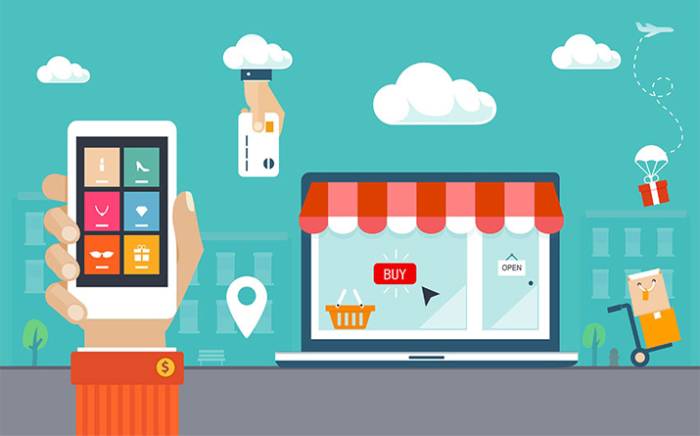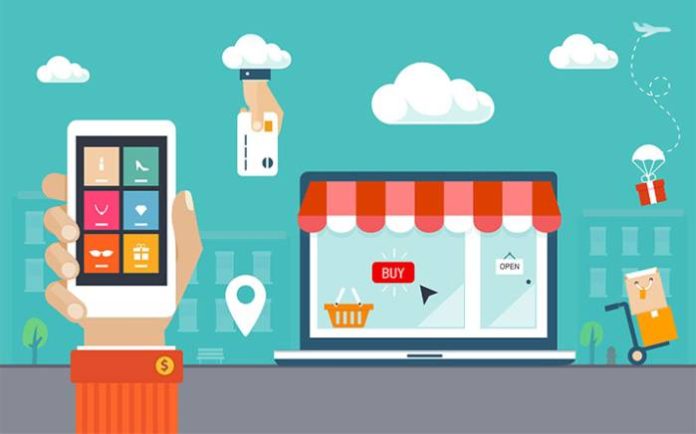E-commerce in the world is gaining immense popularity. This trend will continue in the future. Online shopping has become a favorite pastime of thousands of people due to the convenience of receiving goods at home. Therefore, if your brand is not yet in the digital world, it’s time to develop your e-commerce website.
For an entrepreneur or business owner, having an online store is a great opportunity to generate leads, cut costs, and reach places you never dreamed of with a much lower investment than a physical store. Sounds good, right?

To implement all this, you will need a website where all the goods will be presented. If you need help with creating a website, then you can always turn to ecommerce consulting services for help.
What is E-commerce?
In 2022, talk about e-commerce is commonplace. Hundreds of brands around the world allocate big budgets to offer the best service.
E-commerce is a system of buying and selling goods or services over the Internet, taking into account monetary transactions that are carried out through an online platform responsible for managing collections.
There are now a variety of options for selling online, each with specific characteristics that offer different benefits to the consumer, so it’s important to talk about them to get a clear idea and make a decision.
Differences Between a Marketplace and an Online Store
One of the main misconceptions, when we talk about e-commerce, is the idea that a marketplace and online stores are the same. They are different platforms and target different markets.
Simply put, a marketplace is a huge store with many smaller stores: this platform works as if it were a digital mall where brands offer their products or services to the customers who visit them. Amazon and Aliexpress are good examples.
Meanwhile, an online store is a shopping cart website where a brand can sell its products 24 hours a day, seven days a week. To create it, the seller must choose the name and domain of the store, hire hosting, or turn to specialized companies for help.
Benefits of E-commerce
Now that you know the basic characteristics of online sales and the differences between a marketplace and an online store, it’s time to discover the benefits of e-commerce.
#1. 24-hour Service
In a physical store, you have time limits and you won’t be able to sell all the time. This is not the case in e-commerce, as you can receive purchases 24 hours a day, regardless of whether it is a holiday or weekend.
If you want to increase sales, you have a great opportunity to do so.
#2. Worldwide Sales
There is no limit to the possibilities for e-commerce. Having an online store, you will be able to offer your goods and services anywhere in the presence of the necessary logistics.
As in the previous paragraph, you will not have any restrictions on accepting purchases from any city. Undoubtedly, this is an opportunity for all people to recognize your brand, wherever they are.
#3. Accept Various Forms of Payment
Having an online store helps you to receive various forms of payment, facilitating the user experience. By simply installing a payment gateway, you will be able to accept cards, cash deposits, and bank transfers.
#4. Cost Reduction
One of the main benefits of e-commerce is cost reduction. Having an online store is much cheaper than opening a physical store and gives you more benefits.
By avoiding rent, services, and wages, you can focus more on offering a quality product and distributing it, relying on digital advertising, a promotional tool that is also much cheaper.
#5. Safety for the Buyer
Today, buying and selling digitally is becoming more secure. To ensure a secure user experience, we again recommend hiring payment platforms to protect your buyers’ data and prevent possible fraud.
With a solid platform, your customers will feel more secure and you will grow faster. To implement your project at the highest level, you can always turn to for help.






































